Thinking..is there enough thinking by students, teachers, administrators and policy makers in education? Grant Wiggins states "We know more but are oddly increasingly? - thoughtless. Why?"
The post makes it clear that how we understand definitions of a number of terms is critical. After a discussion on words thoughtful and thoughtless the post is split into the following sections:
* What is Thoughtfulness?
* A Common Thoughtless Comment
* Thinking About Our Continued Thoughtlessness
This article was the first of three posts. The second post can be found at
http://grantwiggins.wordpress.com/2012/09/14/thoughtlessness-part-2/. The third post in the series may be accessed at Wiggins website. It is called Grit, character and academic success: thoughtlessness, part 3.



 Your new post is loading...
Your new post is loading...
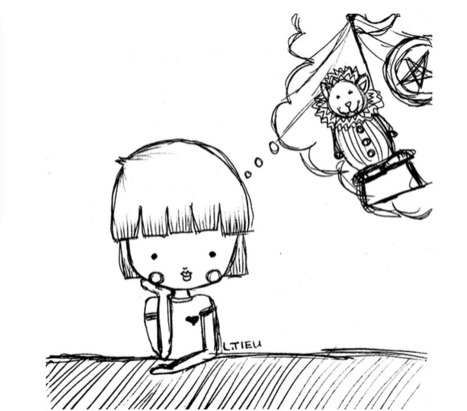




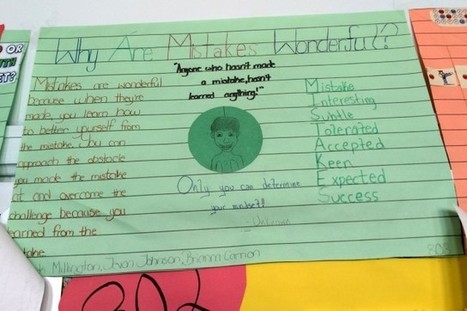


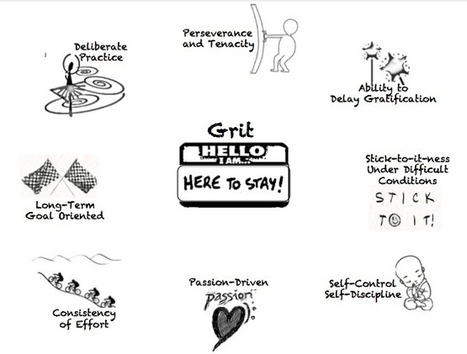

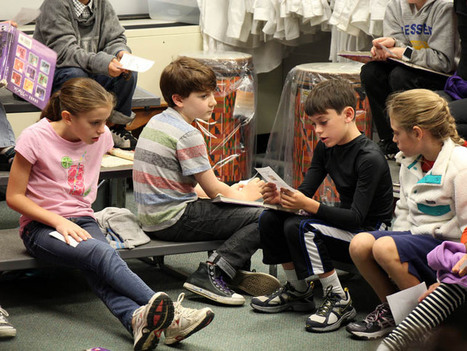




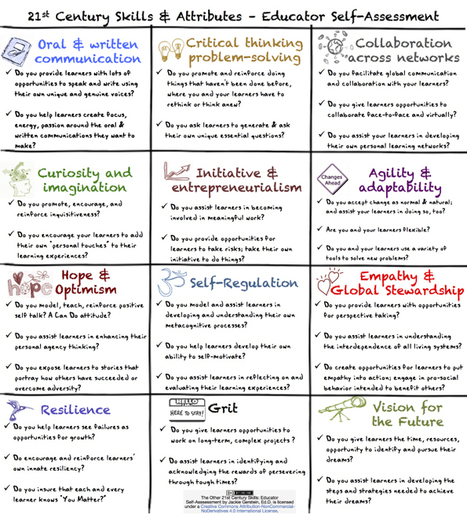


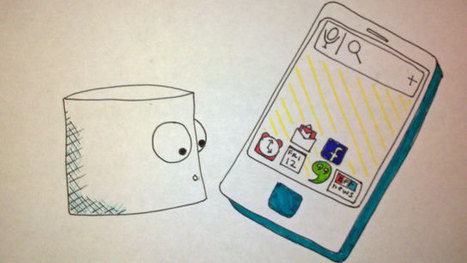
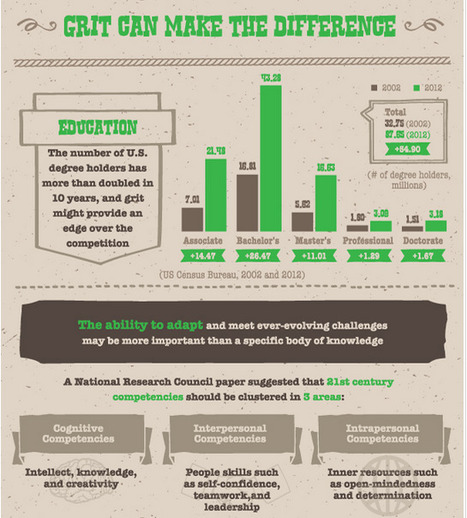



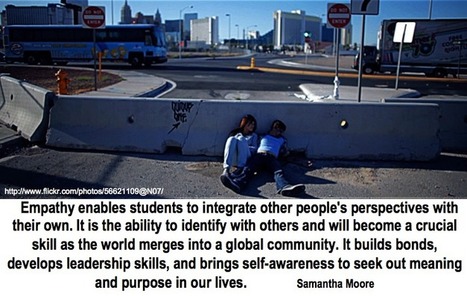

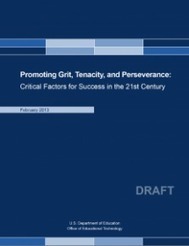
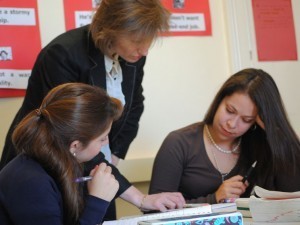





Thx Beth Dichter